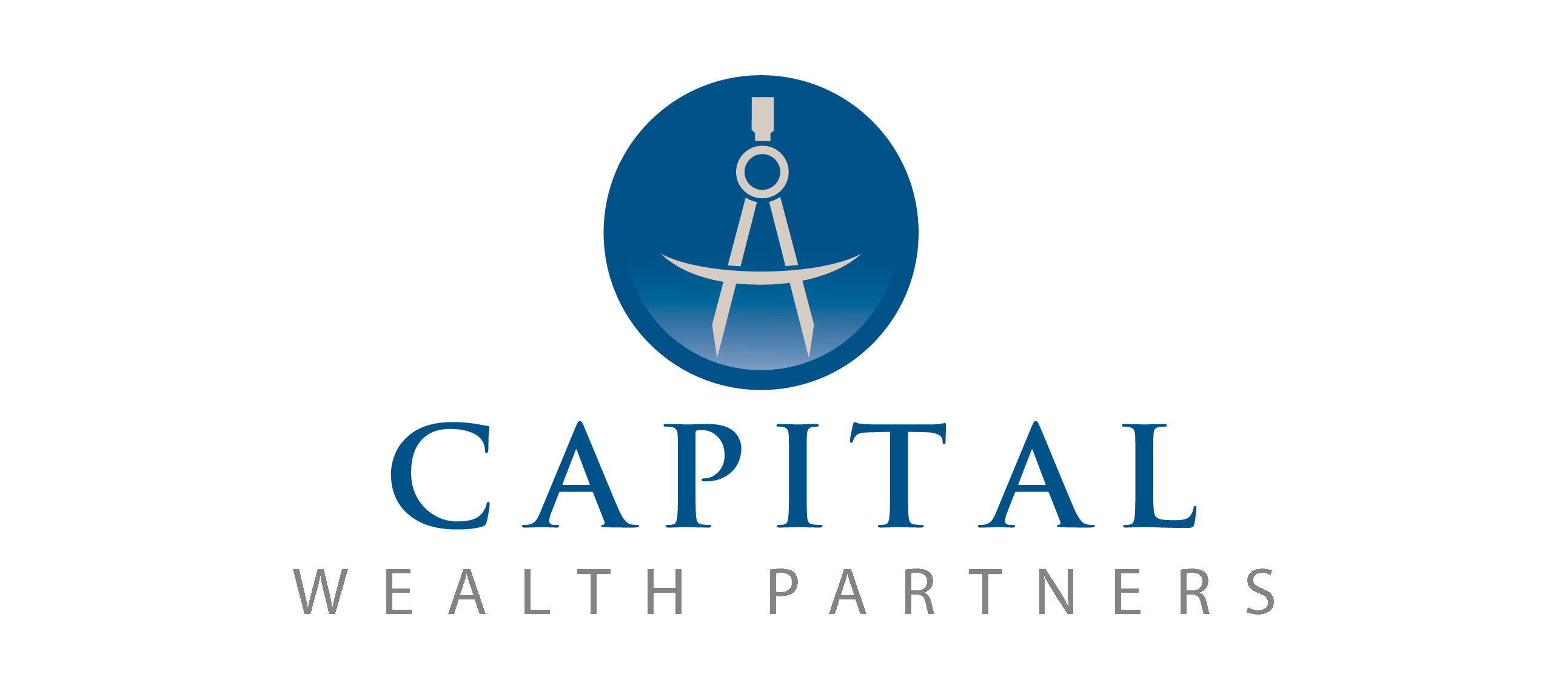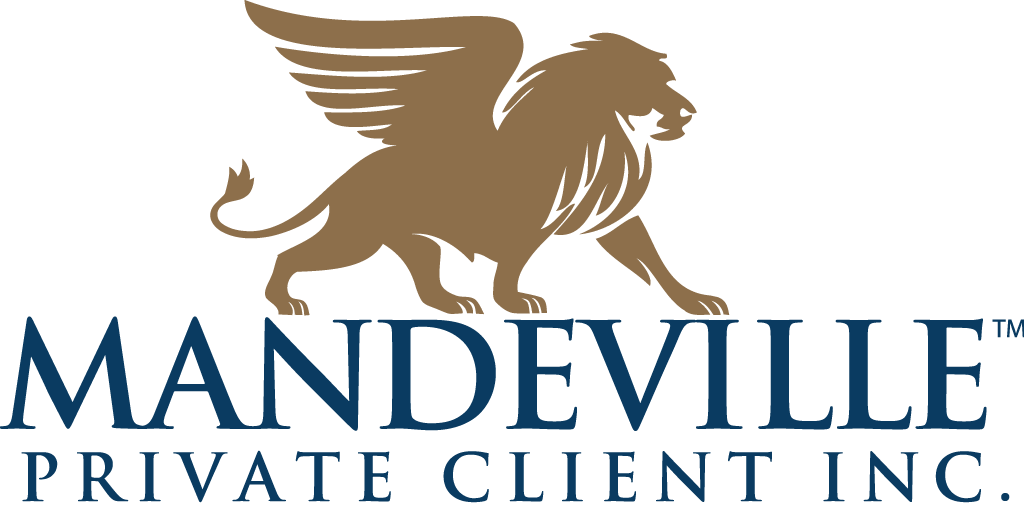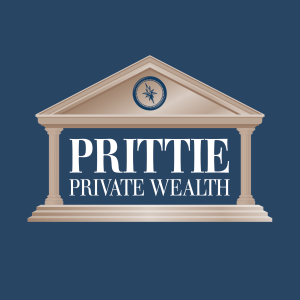Five Tax Tips Outside the Box

Now is the time to plan for tax savings in 2022 and beyond.
Combining proven and prudent tax planning with sound investment management can make a big difference to your wealth. Here are five lesser-known tax strategies to help you do just that:
- Perhaps you are selling your business, stock options or getting a large inheritance? Spousal Loans when properly structured allow a higher earning partner to transfer investment income to a lower income partner. Since it is a loan, the lender can request the capital be repaid down the road when circumstances warrant, yet in the interim it’s a powerful method to transfer tax liability on investment income and realized growth. Want more good news? The interest rate is prescribed by CRA and is only 1% at this time and set for the life of the loan. Act fast though as inflation and rising interest rates will soon mean a hike to the prescribed rate as well.
- Limited Partnership/Flow Through Resource Funds offer tax deductions anywhere from 95% to 150% depending on province of residency. Once your taxable income exceeds $98,000 while working or $81,000 when receiving Old Age Security (OAS), the tax savings can be rewarding. While investing in resource-based securities brings higher risk, this is mitigated by the higher tax refunds and the elimination of OAS claw back tax at higher incomes. This is especially true for single (widowed) taxpayers in retirement where pension income splitting can no longer be utilized.
- Debt Swaps can turn non-tax-deductible interest into tax deductions. Do you have non-registered investments and a car loan or mortgage? By strategically making some minor changes you can turn that situation around and deduct the interest on next years tax return. Like most strategies, there are some caveats, however by following some simple rules it can be easily accomplished.
- Tax legislation changes introduced in parliament by a private member bill last summer currently favours business owners who wish to dispose of shares of a Canadian Controlled Private Corporation CPCC). This strategy will not likely last long as it now allows shareholders to “strip” assets out of a corporation at a relatively low 25% tax rate as opposed to the much higher non-qualifying dividend tax rate or via salary. This strategy has been controversial and will likely be a target in the next budget. If you will be “winding down” your business or otherwise needing the capital for other non business reasons, a discussion with a qualified accountant is warranted.
- Properly structure your investments to shelter income inside your RRSP/TFSA accounts and favour equites in your non-registered account. Further, Corporate Class structures often now called “Total Return” take this a step further to keep taxable income away from…well you know who! It is possible to meet your objectives and asset allocation needs by properly utilizing the right investment strategy.
By combining fee-based professional portfolio management and financial planning initiatives like those above, we can definitely help you increase your income and reduce your tax.
Written By: Michael Prittie
This information is intended for informational purposes only and is not intended to constitute investment, financial, legal, tax or accounting advice. Many factors unknown to us may affect the applicability of any statement made to your particular circumstances. Consult your financial advisor or other professionals before acting on any information. Mandeville Private Client Inc. is a member of the Investment Industry Regulatory Organization of Canada and a member of CIPF.





